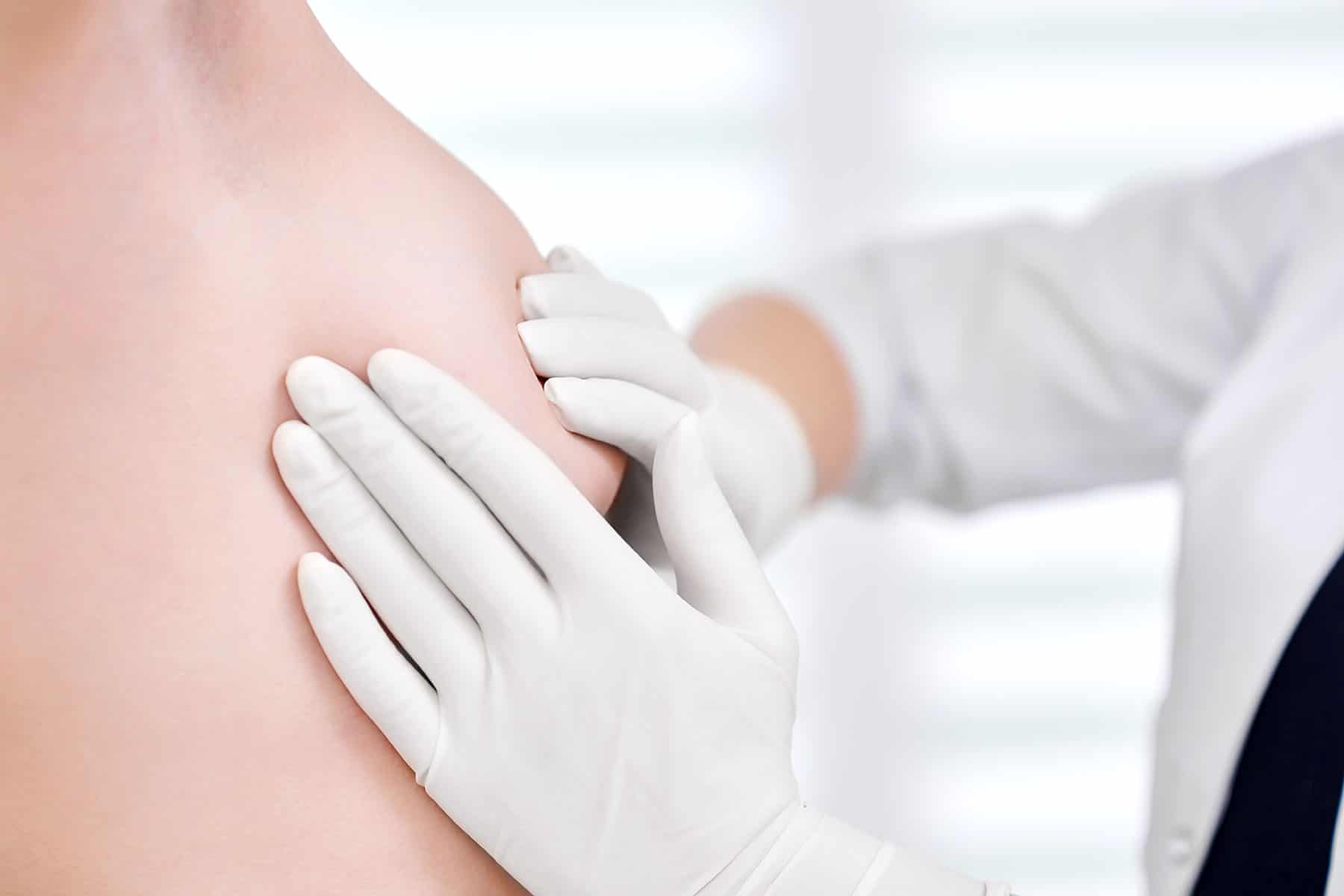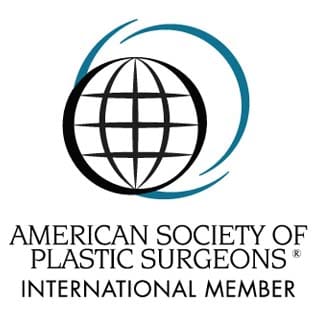
According to National Plastic Surgery Statistics data, breast augmentation has remained one of the top cosmetic procedures for the last few years. The statistics show that more than 190,000 patients had undergone this surgery in 2020, and about 287,000 in 2019. The number of cosmetic augmentation procedures exceeded 300000 in both 2018 and 2017, with the majority of women using silicone implants.
In general, both reconstructive breast surgery and cosmetic breast augmentation with implants are regarded as safe. Implants are FDA-approved, and most women who have undergone such an operation have not had any serious complications. There is, however, a relatively high percentage of women who have been reporting BII symptoms or the so-called Breast implant illness (BII).
It has recently become a very common topic in the media, on the news, and online. But what is actually breast implant illness, and does it really exist? Our goal in this article is to provide an overview of what is currently known about this self-reported BII. We hope you will find it helpful in better understanding breast implant illness.
Breast implant illness (BII) is a set of systemic symptoms experienced by patients after undergoing breast implant surgery that has not yet been classified as an official medical diagnosis. Among the most common complaints are fatigue, headaches, and joint inflammation. It is believed that these otherwise unexplained symptoms are related to the implants themselves.
Please note that breast implants illness is not the same as breast lymphoma. Breast lymphoma is a rare type of cancer. It occurs as a result of the body releasing cancerous lymphocytes that attack the breast implant. Having breast implant illness symptoms is not connected in any way with breast lymphoma.
It is also very important to emphasize that breast implant-associated lymphoma is a type of T-cell lymphoma. It is not the same as breast cancer. Breast implants have not been linked to a higher risk of breast cancer or autoimmune disorders.

Here we will outline some of the most common symptoms of breast implant illness. They are actually very similar to those caused by connective tissue disorder or an autoimmune disease like rheumatoid arthritis, and include:
The problems that occur with BII are usually not restricted to one particular type of implant. They can arise in women with saline-filled implants, silicone gel-filled implants, smooth implants, or textured implants. In order to conclude that BII is at play, other potential causes should be ruled out first (such as autoimmune disorders like rheumatoid arthritis).
Science has not been able to find a solid link between mood swings and breast implants but as you can see from the above section, breast implant illness presents with a great variety of possible symptoms. One of the ways it manifests is through hormonal imbalance, which leads to changes in emotional state and depression.
So, to answer this question, it is not impossible to get moody from breast implant surgery, although that is still difficult to prove.
On that note, it has to be mentioned that sometimes it is mental health or psychological problems that translate into physical symptoms. Some women undergo breast augmentation surgery in the hopes that it will have all of their self-esteem problems resolved.
Since they often see themselves as less desirable or attractive, they feel anxious even after the treatment. And this can sometimes cause palpitations and mood swings that are not necessarily related to an underlying illness.
There is no scientific evidence to explain what causes breast implant illness. Researchers are still attempting to figure out why some women experience such physical and mental health symptoms. There are some experts who support the idea that some people may simply be susceptible to an immune response to the breast implant material – silicone (all implants have a silicone shell). This seems to be a very sensible theory.
Implants are foreign devices placed inside the human body. Therefore, it is possible for the body to not “accept” such a device, resulting in inflammation and autoimmune symptoms like joint pain, fatigue, digestive problems, etc.
In spite of the fact that this idea seems very logical, it has not yet been proven. In addition, silicone is known for being an inert material. Numerous medical products that are inserted into the body contain silicone.
Additionally, in medicine or plastic surgery, there are countless materials that can be implanted in the body permanently, such as metals, plastics, graphs, etc. These products are, in reality, more immune reactive than silicone. However, there has been no indication of patients experiencing symptoms similar to those of breast implant illness.
Silicone gel-filled implants and saline-filled implants are approved by the FDA, and they are recognized as safe. Moreover, FDA says it doesn’t have conclusive evidence that saline or silicone breast implants are associated with BII.
Nevertheless, they are trying to gain a deeper understanding of this issue in order to explain risks, minimize harm, and aid in treatment for those who may be affected.
They have announced: “We’ll continue to report on significant findings as new information and analyses become available and if any of these findings prompt the agency to issue new recommendations or policies to mitigate risks.”
Some physicians believe that there are certain groups of women who are more prone to developing breast implant illness, and these include:
However, some women still develop breast implant illness despite not posing any of these risk factors. The leading theory according to certain doctors is that some people are simply genetically predisposed to developing an immune reaction. Nevertheless, there are no diagnostic tests that are proven to indicate which patient is suspectable to get this illness.

There is no scientific test or method to determine whether a person suffers from breast implant illness. In most cases, it is diagnosed on an exclusion basis. Therefore, the person who is struggling with one or more symptoms is subjected to a complete physical examination and a number of tests in order to discover the underlying cause.
If there is no problem found during the assessment, but the symptoms are still presented, then the patient can be diagnosed with breast implant illness.
Due to the lack of a scientifically proven method, every surgeon uses their own personal experience to treat breast implants illness.
Explant surgery or breast implant removal is the most common method that plastic surgeons use to relieve breast implant illness symptoms. The procedure is typically done with a capsule ectomy in order to remove any fragments of silicone that might be present. Many patients notice an improvement in their symptoms after having complete removal of breast implants.
In some cases, women with BII symptoms choose to replace their implants with another type of implant. However, this method is considered relatively risky. Although the patient may be able to relieve their symptoms, there is also a high chance they will return in the future.
It is very important to note that there is no way to predict whether a complete implant removal will improve symptoms related to this condition.
Breast implant illness is characterized by multiple systemic symptoms experienced by women after cosmetic augmentation. These symptoms are generally nonspecific and include chronic fatigue, joint and muscle pain, digestive problems, among others.
BII is believed to be directly correlated to breast implants. The main reason that is attributed to the development of the illness is the reaction of the immune system to the silicone material that is contained in the implants. This theory, however, is not backed up by scientific evidence.
In addition, there are no tests available to diagnose the condition. As a treatment, most plastic surgeons recommend that patients have their implants removed (explant surgery). The majority, but not all, of individuals report improvement in their symptoms following this surgical procedure.
Researchers are still trying to figure out whether breast implant illness is a real condition and what causes it. At this time, there is no specific diagnosis or treatment technique that has been proven to work. This means that breast augmentation with breast implants remains a safe and highly effective option.


Dr. Shenthilkumar Naidu (Dr. Shens) is a Ministry of Health accredited Consultatn Plastic Surgeon with extensive expertise in cosmetic and reconstructive surgery. He is renowned for his advanced techniques in body contouring and aesthetic enhancements. For more information, visit Shens Clinic.
Monday – Friday: 09:00am – 06:00pm
Saturday: 09:00am – 02:00pm
Sun and PH: Closed
(Strictly by appointment only)

Copyright ⓒ Shens Clinic | Privacy Policy | Terms and Conditions .